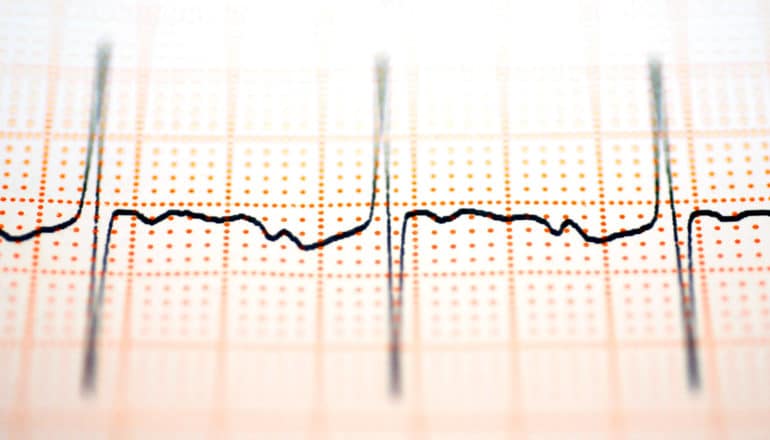
Researchers have mapped the proteins in the heart’s natural pacemaker, the sinus node, in mice.
This means that researchers can now measure and analyze the proteins that make up the sinus node. More knowledge of its structure opens the door to a better understanding of the heart’s electrical systems and to further research into heart diseases.
In order to produce the heartbeats that keep you alive, the heart is dependent on electrical impulses. The sinus node’s job is to start the electrical signal of each heartbeat. The sinus node is invisible to the naked eye, but indispensable for the heart’s contractions, which control the flow of blood through your body.
“We already know a lot about the heart, but we also had many surprises.”
“We have measured and quantified 7,000 proteins in the sinus node itself and in the atrial tissue adjacent to the sinus node. We have compared the proteins between the two and in this way, we have been able to see exactly which proteins make the sinus node unique,” says Alicia Lundby, associate professor at the the biomedical sciences department at the Novo Nordisk Foundation Center for Protein Research at the University of Copenhagen.
“Based on our data, we have established which proteins enables the sinus node to produce the electrical impulses behind each and every heartbeat.”
The researchers behind the study have spent several years developing the method that makes it possible to describe the protein expression in heart tissue biopsies. By using mass spectrometry, a method to analyze many proteins at the same time, the researchers have been able to go into great detail in the protein composition of the sinus node.
“We already know a lot about the heart, but we also had many surprises. For example, in the protein profile of the sinus node, we could see that its muscle cells contain elements that enable them to contract. This is surprising, as the cells are not believed to use this function inside the sinus node. It tells us that the more we learn about the heart, the more doors we will open and make findings that we are not always prepared for,” says Lundby.
“The next step will be to focus on the human heart. We would like to do a mapping of the conduction system in the human heart. This is important in relation to heart diseases that involve an arrhythmia in the conduction system. If we do not know which proteins are expressed in this part of the heart, then we cannot find potential treatments for this part in the same efficient manner,” says Lundby.
Lundby believes that the investigation of the human conduction system may be completed as early as one year from now. The research team can reuse the method development, and in this way they already know exactly how to make the measurements and the analyses.
The study appears in Nature Communications.
Source: University of Copenhagen
The post Map reveals proteins in heart’s natural pacemaker appeared first on Futurity.
from Futurity https://ift.tt/32it1wq
No comments:
Post a Comment